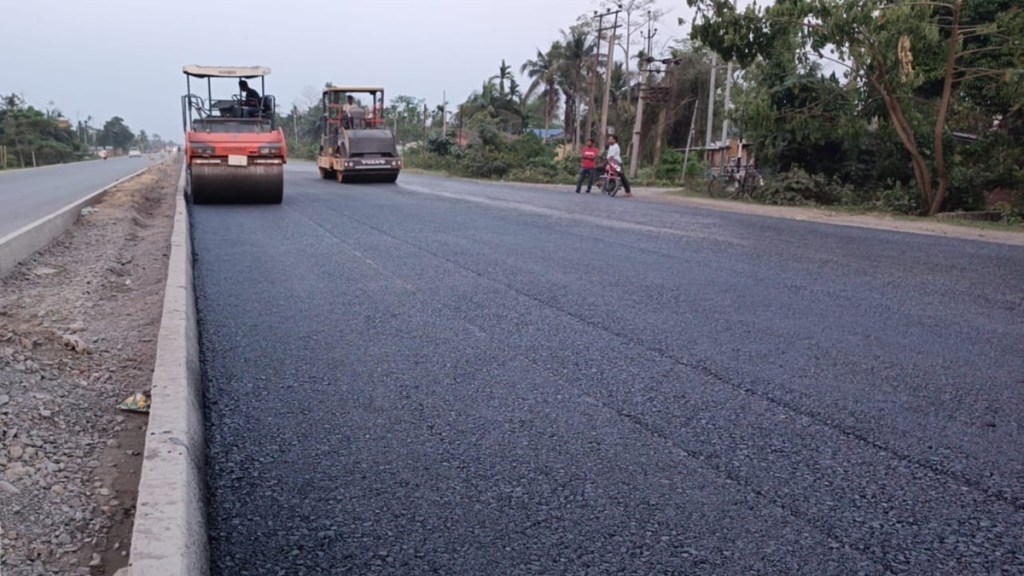The Narendra Modi government is exploring the use of various ecologically sustainable materials in construction of roads and highway projects across the country. The move will also reduce the cost of the project and thereby help in the economic growth of the country.
India has the second-largest road network in the world. The government is focusing on the use of various alternatives for reducing the carbon footprint in the sector.
In this context, the Ministry of Roads Transport and National Highways has decided to encourage use of waste material for NHAI projects in the country.
Speaking at the FE CFO Awards on Tuesday, Union Minister Nitin Gadkari stressed on the use of bitumen in the construction of road projects. “The burning of rice straw or ‘parali’ is a big problem for pollution in Delhi and adjoining areas. Indian Oil has already started the conversion of rice straw to bio bitumen in its plant at Haryana’s Panipat.” He further added that market demand of the bitumen is around 80 lakh tonnes of which refinery capacity is 50 lakh tonnes. 30 lakh tonnes has to be procured from the farmers. “This can give us a turnover of Rs 35,000 crore from the rural and agricultural India.
The Union Minister further reiterated the use of wastelands. “In the wasteland, we can make a plantation of bamboo. We can replace coal with this beema bamboo. This would also help to create jobs in rural agricultural India.”
Recently, the ministry constructed a 200-meter-long Bamboo Crash Barrier on Maharashtra’s Vani-Warora Highway. This Bamboo Crash Barrier has been named as ‘Bahu Balli’.
Earlier this year, the National Highway Authority of India (NHAI) had decided to use Phosphor-Gypsum for road construction projects. The Phosphor-Gypsum is a by-product of fertiliser production. The NHAI is also encouraging use of waste plastic in road construction projects. Several studies conducted earlier have shown that roads built using plastic waste are more durable, sustainable, and also increases life of the bitumen.

